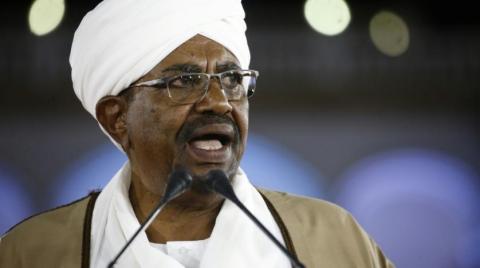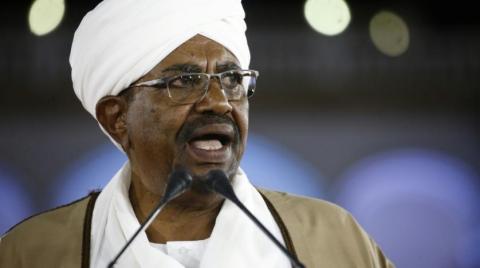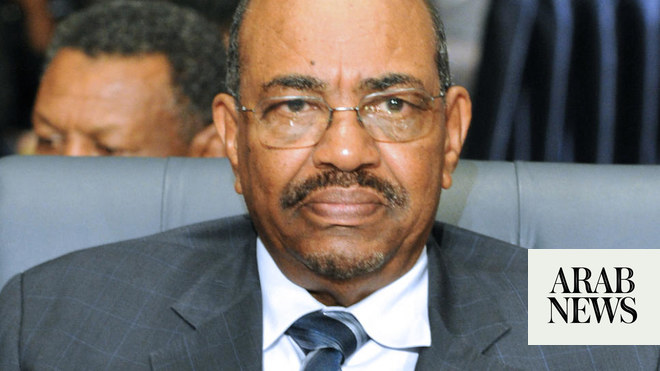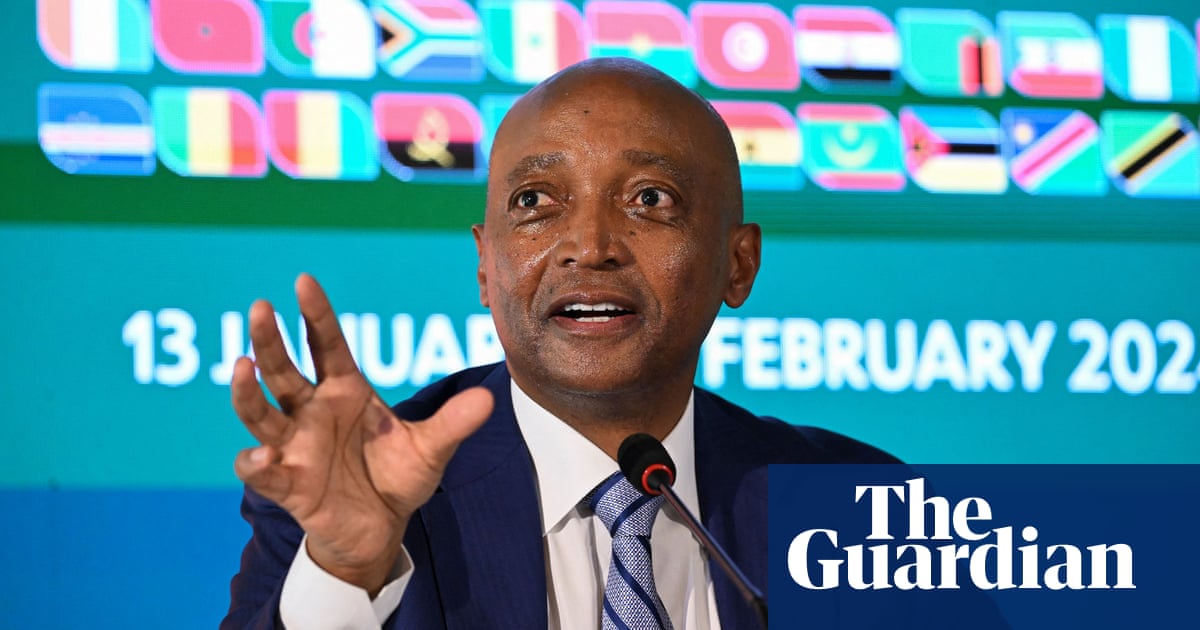
Sudan's army and the Rapid Support Forces (RSF) battled on the outskirts of the capital on Wednesday, undermining a truce in an 11-day conflict that civilian groups fear could revive the influence of ousted President Omar al-Bashir and his loyalists.
Fuelling those concerns, the army confirmed the transfer of 79-year-old Bashir from Khartoum's Kober prison to a military hospital, along with at least five of his former officials, before hostilities started on April 15.
Air strikes and artillery have killed at least 459 people, wounded more than 4,000, destroyed hospitals and limited food distribution in the vast nation where a third of the 46 million people were already reliant on humanitarian aid.
Foreigners fleeing Khartoum have described bodies littering streets, buildings on fire, residential areas turned into battlefields and youths roaming with large knives.
The White House said a second American had died there.
"It was horrible," said Thanassis Pagoulatos, the 80-year-old Greek owner of the Acropole hotel in Khartoum, after arriving in Athens to the embrace of emotional relatives.
"It has been more than 10 days without any electricity, without water, and five days nearly without food," he added, describing shooting and bombing. "Really, the people are suffering, the Sudanese people."
Over the weekend, thousands of inmates were freed outright from prison, including a former minister in Bashir's government who, like him, is wanted on war crimes charges by the International Criminal Court (ICC) in The Hague.
At least one other of the group transferred to hospital is wanted by the ICC.
Transition plan derailed
Bashir's three-decade reign came to an end with a popular uprising four years ago. He has been in prison, with spells in hospital, on Sudanese charges related to the 1989 coup that brought him to power.
"This war, which is ignited by the ousted regime, will lead the country to collapse," said Sudan's Forces of Freedom and Change (FCC), a political grouping leading an internationally-backed plan to transfer to civilian rule.
The plan was derailed by the eruption of fighting between the regular army and the paramilitary Rapid Support Forces (RSF). The two sides and the FCC missed an April deadline to launch the transition to democracy, largely over disputes about merging the security forces.
Civilian groups have blamed groups loyal to Bashir of seeking to use conflict to find a way back to power. The RSF, whose leader General Mohamed Hamdan Dagalo climbed to power under Bashir but later dumped him, has strongly opposed the Islamists who backed the former army ruler.
The fighting "will not solve the main issues that civilian and military parties were trying to solve through the political process, especially the security and military reforms, which will ... lead to one professional unified army," the FCC added in its statement.
In Khartoum, which together with its sister cities is one of Africa's largest urban areas, the prisoner release - which different factions blamed each other for - added to a growing sense of lawlessness. Residents reported worsening insecurity, with widespread looting and marauding gangs.
Exodus
Foreign powers have evacuated thousands of diplomats and private citizens in recent days.
Sudanese and citizens of neighboring countries have been flooding out. More than 10,000 people crossed into Egypt from Sudan in the past five days, Cairo said, while an estimated 20,000 have entered Chad. Others have fled to South Sudan and Ethiopia, despite difficult conditions there.
Wednesday's renewed battles were mostly in Omdurman, one of Khartoum's twin cities, where the army was fighting RSF reinforcements brought in from other regions of Sudan, a Reuters reporter said.
The army and the RSF agreed to a three-day truce, due to end late on Thursday, after diplomatic pressure from the United States and Saudi Arabia. The army has accused its rivals of using the lull to replenish supplies of men and weapons.
Thanks to the ceasefire, fighting between army soldiers the RSF remained more subdued in the center of Khartoum.
UN special envoy on Sudan Volker Perthes told the UN Security Council on Tuesday that the ceasefire "seems to be holding in some parts so far".
But he said that neither party showed readiness to "seriously negotiate, suggesting that both think that securing a military victory over the other is possible".
The army led by General Abdel Fattah al-Burhan took over in a coup, with support then from the RSF, two years after the 2019 toppling of Bashir.
The whereabouts of Bashir came into question after a former minister in his government, Ali Haroun, announced he had left Kober prison with other former officials.
The ICC in The Hague has accused Bashir of genocide, and Haroun of organizing militias to attack civilians in Darfur in 2003 and 2004. It declined to comment on the situation.












